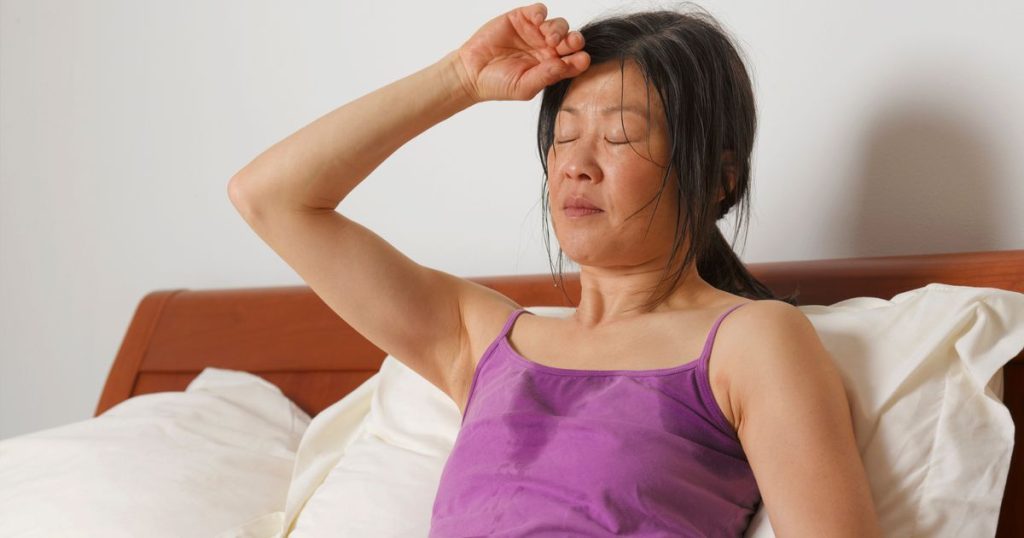Hay fever symptoms can wreak havoc on your sleep, as pollen bombs release a significant amount of pollen into the air triggering unpleasant reactions. Google searches for hay fever have surged by 275% in the past three months, indicating a seasonal struggle for many Brits. Sleep expert Martin Seeley suggests stacking pillows to elevate your head, making it easier for mucus to drain and to keep your airways clear. He advises taking a selfie to ensure your pillow height is correct by aligning it with your face and torso.
Another recommendation from Seeley is using a hairdryer to remove pet hair and dust from under your bed, as dust and pollen are common allergy triggers. To create a dust-free environment, keeping windows open during the day for ventilation and regularly dusting bedrooms are essential. Additionally, taking a hot shower before bed, staying hydrated, and using an air purifier or humidifier can help alleviate hay fever symptoms. While air purifiers can range from £29 to £300, investing in one may provide relief from allergens.
For those with hay fever, natural hacks can also be effective in managing symptoms. Encouraging readers to share their tips in the comments section, the article emphasizes the importance of maintaining a clean and dust-free environment to reduce allergy triggers. By following expert advice, individuals can take proactive steps to ensure a good night’s sleep despite suffering from hay fever. These tips can help alleviate symptoms and improve overall sleep quality, leading to a better rest experience.
In conclusion, hay fever can significantly impact sleep quality due to the discomfort caused by symptoms such as a runny nose. By implementing expert-recommended methods like elevating the head with pillows, removing allergens from the bedroom, and using air purifiers, individuals can better manage their hay fever and enjoy a restful sleep. Additionally, natural remedies and sharing personal tips can provide further relief for those struggling with allergy symptoms. Overall, prioritizing a clean and dust-free sleep environment is crucial in mitigating the effects of hay fever and ensuring a good night’s sleep.















